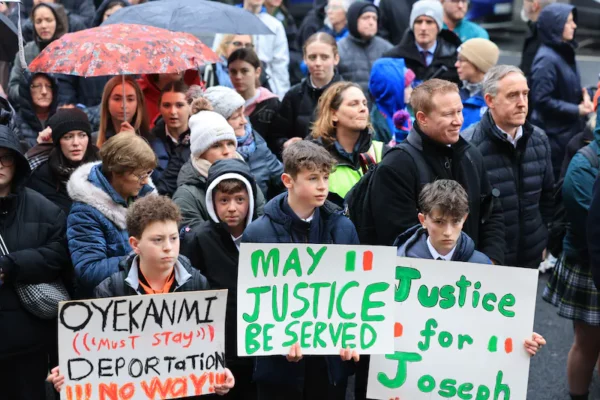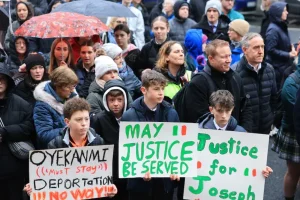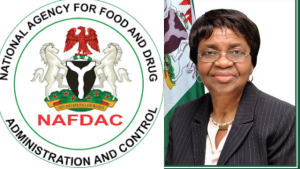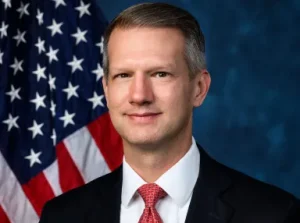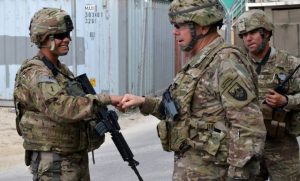Floods put the health and education of almost 1.5 million Nigerian children at danger, according to UNICEF
The United Nations Children’s Fund (UNICEF) is becoming increasingly concerned that the recent flooding that has damaged over 30 states in Nigeria could imperil the education and health of over 1.5 million children.
Although some of the flood problems have been attributed to climate change, more than 2.5 million Nigerians—60% of whom are children—are thought to be in urgent need of humanitarian aid.
The Nigerian flood situation has made the energy crisis worse by impacting the supply and distribution networks.
The hardest affected states are those around the coast, including Bayelsa, Kogi, and Delta.
A food catastrophe was on the horizon, according to PulseNets, as the majority of established farming villages and settlements were also impacted.
Vice President Yemi Osinbajo presided over the National Economic Council (NEC) meeting on Thursday in Abuja. The NEC discussed the flood situation and may set up a steering committee in a few days to direct federal government intervention actions.
The presidency has also issued a statement expressing sympathy to those who were most negatively impacted by the circumstance.
The most severe flooding in a decade, according to UNICEF, has put children and adults at a higher risk of starvation, waterborne illnesses, and drowning than ever before.
According to UNICEF data, 34 out of the country’s 36 states have been hit by the floods, which have caused 1.3 million people to be displaced. With over 200,000 homes either completely or partially damaged and an estimated 600+ fatalities.
Additionally, it has issued warnings about the potentially fatal implications of diarrhoea, water-borne illnesses, respiratory infections, and skin conditions.
As of October 12th, 2022, a total of 7,485 cases of cholera and 319 related deaths had been recorded in the northeastern states of Borno, Adamawa, and Yobe alone.
Even while more rain is predicted to fall over the next few weeks, it is also anticipated that humanitarian needs would increase beyond what is already the case.
“Children and adolescents in flood-affected areas are in an extremely vulnerable situation,” said Cristian Munduate, UNICEF Representative in Nigeria.
Munduate further mentioned that the afflicted people have emotional and psychological distress in addition to waterborne illnesses.
The statement also made clear that UNICEF is collaborating closely with the government and other partners to give those who are most in need life-saving aid.
It claimed that the already difficult humanitarian situation in the country has become even more complicated as a result of the floods.
where housing and food are not the only immediate priorities for children, but also their health, water, sanitation, and hygiene needs. To meet expanding demands and maintain continuous humanitarian operations, with a focus on the most vulnerable, such as disabled children, more money and resources are needed.
Nigeria is deemed to be at “very high risk” of being affected by climate change, ranking second out of 163 nations, according to UNICEF’s Children’s Climate Risk Index (CCRI).
Children in “very high risk” nations have a fatal combination of exposure to various environmental and climatic shocks along with high levels of underlying child vulnerability as a result of insufficient access to basic services like water and sanitation, healthcare, and education.
Aside from providing cash assistance, distributing cholera kits, government-led mobile health teams, temporary learning centres, learning kits, and cholera kits, the statement also said that UNICEF had supported the government response in Jigawa, Niger, and Kaduna, three of the impacted States.
“With additional support, UNICEF can scale up its response in other states to provide lifesaving medical equipment and essential medicines, chlorination of water and sanitation supplies, as well as to support the prevention of and response to sexual and gender-based violence,” the UN agency stated.


